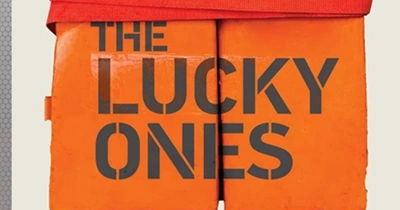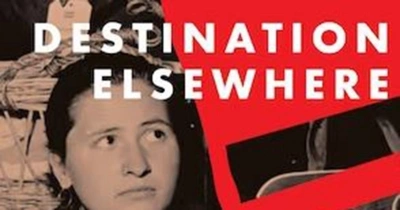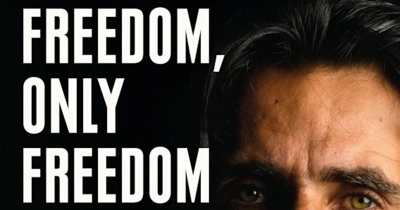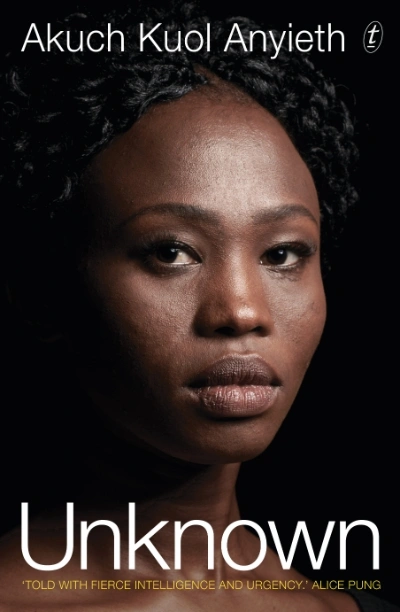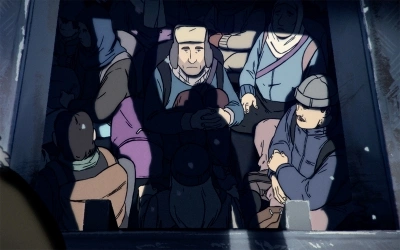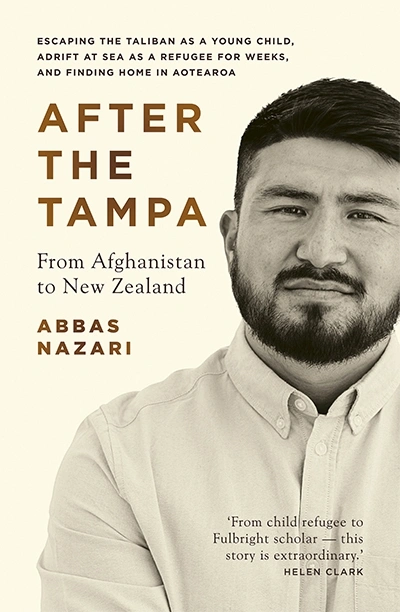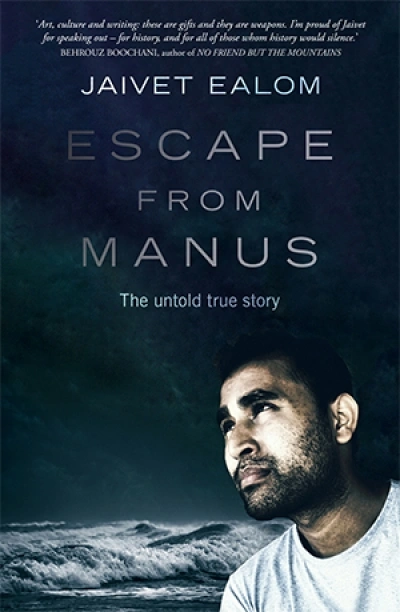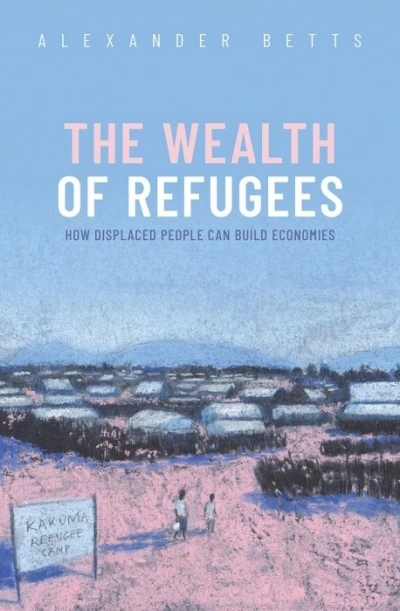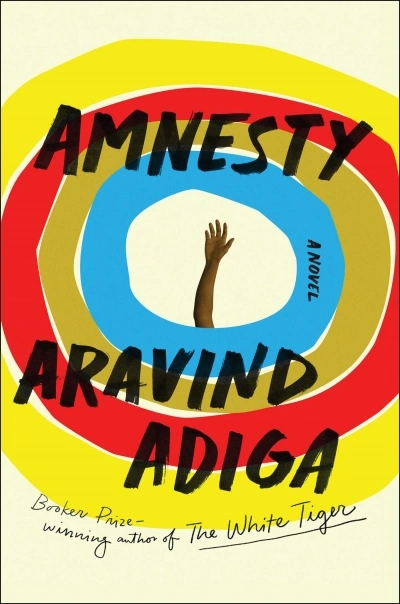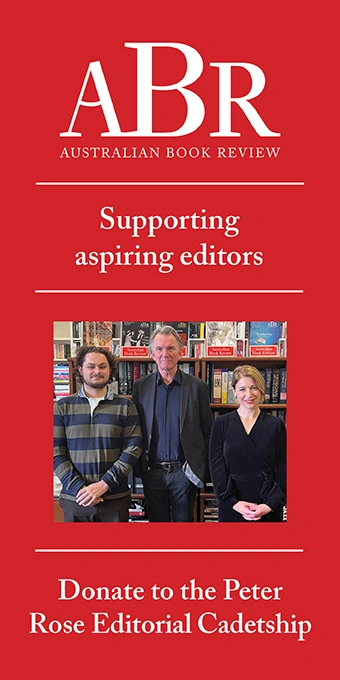Refugees
Destination Elsewhere: Displaced persons and their quest to leave postwar Europe by Ruth Balint
Freedom, Only Freedom by Behrouz Boochani, edited and translated by Omid Tofighian and Moones Mansoubi
A teenager’s arduous journey from a Taliban-occupied Afghanistan in 1989 to the safe haven of Denmark is given a uniquely painterly treatment in Flee. Far from diminishing the story’s impact, this animated documentary is all the more profound for the insidious way the visuals undermine our defences.
Danish filmmaker Jonas Poher Rasmussen became friends with Amin soon after the Afghan refugee arrived in Denmark as an unaccompanied minor. Despite a friendship that has lasted twenty-five years, Amin had never told Jonas the full story of the harrowing experiences that led to his eventual asylum. He hadn’t told anyone. Through the course of Poher Rasmussen’s film, we find out why.
... (read more)After the Tampa: From Afghanistan to New Zealand by Abbas Nazari
The Wealth of Refugees: How displaced people can build economies by Alexander Betts
People seeking asylum are off trend. As the black and brown people on boats have stopped arriving on Australia’s shores, so has our interest in them waned. In commemoration, a boat-shaped trophy sits in Prime Minister Scott Morrison’s office, inscribed with the words ‘I Stopped These’. Today, Australians seem preoccupied by the vaccine roll-out and allegations of rape in parliament. With a federal election on the horizon, people seeking asylum and refugees seem passé, a case of ‘out of sight, out of mind’.
... (read more)

